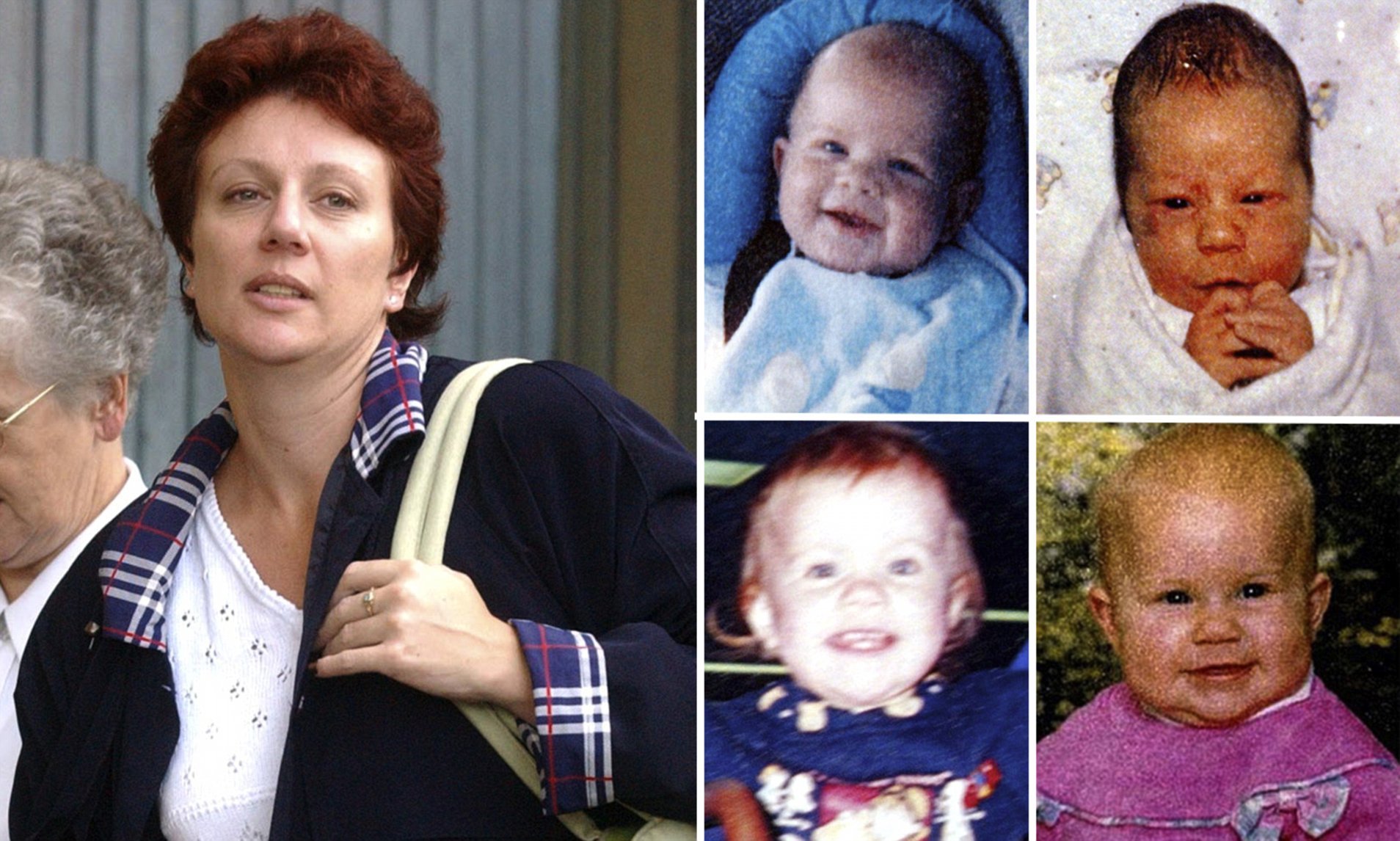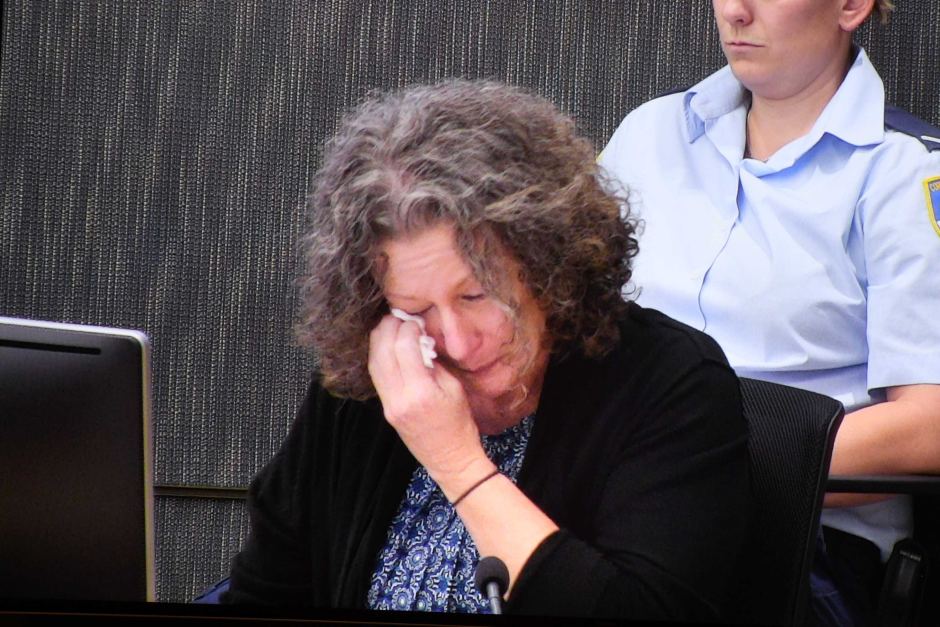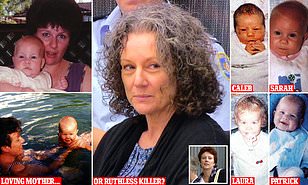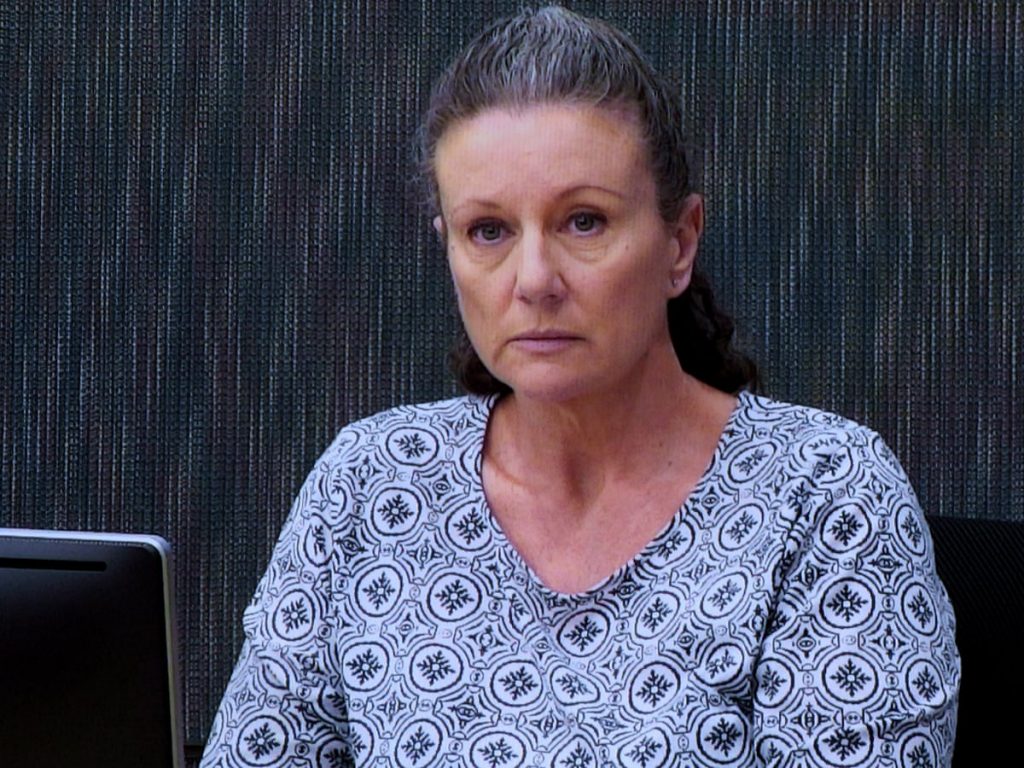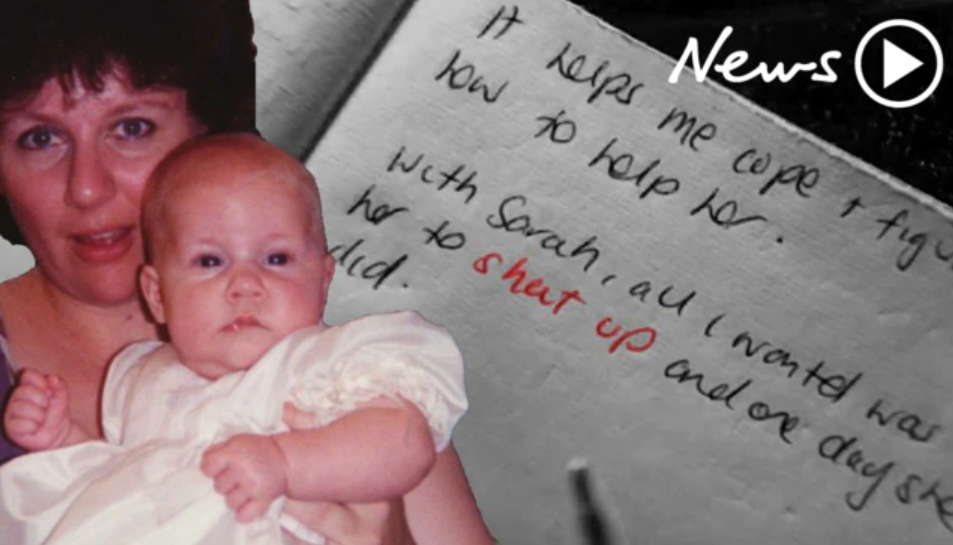Kathleen Folbigg, a woman who is convicted for killing her babies, has been kept in prison for the past 18 years.
Science suggests that is not the case — and genomic testing gives results that at least two out of the four had died from a genetic mutation that was yet to be discovered. Once delving into the subject, they found out about how the genetic mutation would have led to heart complications, implicating that Folbigg might have been wrongfully imprisoned for the past 18 years.
There is approximately 90 scientists who have worked on this specific genomic testing, having to ask permission of the governor of New South Wales in order to pardon Folbigg’s crime. It is not set yet, but if it does happen to pass, Folbigg’s case will be one out of the many miscarriages of justice in Australian history.
Sudden infant death syndrome (SIDS) is an umbrella term for when children die under causes that can not be explained, which is relevant for Folbigg’s case because she had been convicted for the murder of unexplained deaths of her children. While looking at her case, scientists discovered that it may help other parents who have grieved over the loss of their children through SIDS.
With Folbigg’s first baby coming into the world, Caleb, leaves after a mere two weeks and few days. The confirmed cause of death had been SIDS, since there was no evidence for any other options.
Folbigg went through another pregnancy and all is good for the first few months. Coming in at four months, he had an apparent-life threatening event, ALTE, where he fell sick from brain damage and seizures. A few months after, he dies from the effects of his seizures.
Folbigg is blessed with a third child, yet she fell under the consequences of SIDS at a young age of 10 months. With her fourth child, Folbigg lost Laura at 18 months, and in hindsight, the police found it suspicious and started investigations on her case.
Folbigg was arrested and convicted of murder in 2001, regardless of her bestfriend, Tracy Chapman, who described Folbigg who was a “really good mom,” and an animal lover. In 2003, the prosecution accused Folbigg of smothering her children, yet there was no conclusive evidence, and she was still convicted because four infant deaths in a row had been suspicious under one household.
Scientists have found variations living in more than 30 different genes that are linked to SIDS. With technological advances, studies give up to 35% of SIDS can be explained by genetic factors.
Best friend Tracy Chapman hopes that this case will help other parents and their kids’ SIDS case. “It’s not just about having Kath free. The most important thing after Kath is freed is that this never happens to anybody else ever again.”
“The reality is, Kath’s lost four children. And she hasn’t been allowed to grieve as a mother should.”
Replaced!


